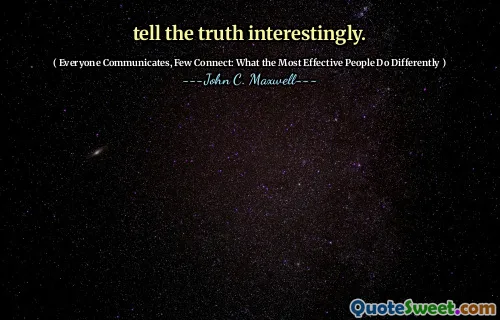
The cost of independence has dropped.
In "What Would Google Do?" Jeff Jarvis explores how the internet and digital technologies have fundamentally transformed business and society. The quote, "The cost of independence has dropped," resonates strongly within this context. It reflects a pivotal shift in how individuals and organizations can operate autonomously, with fewer barriers and significantly reduced expenses. Traditionally, achieving independence—whether as a content creator, entrepreneur, or entrepreneur—required considerable capital, infrastructure, and access to resources controlled by gatekeepers. Now, digital platforms, cloud services, and social networks have reduced these costs dramatically, enabling anyone with an idea to launch a venture or express themselves freely. This democratization fosters innovation by empowering diverse voices and reduces reliance on traditional institutions. However, this lower cost also invites an increased need for discernment and strategy, as independence does not guarantee success without informed action. Jarvis’s work emphasizes that with access comes responsibility; leveraging independence demands community engagement, openness, and continuous adaptation. The reduced cost highlights opportunities but also reshapes how value is created and shared. Overall, the quote encapsulates one of the book's central themes: the empowerment of the individual in the digital age, transforming the economy and society while challenging existing paradigms of control and collaboration.





